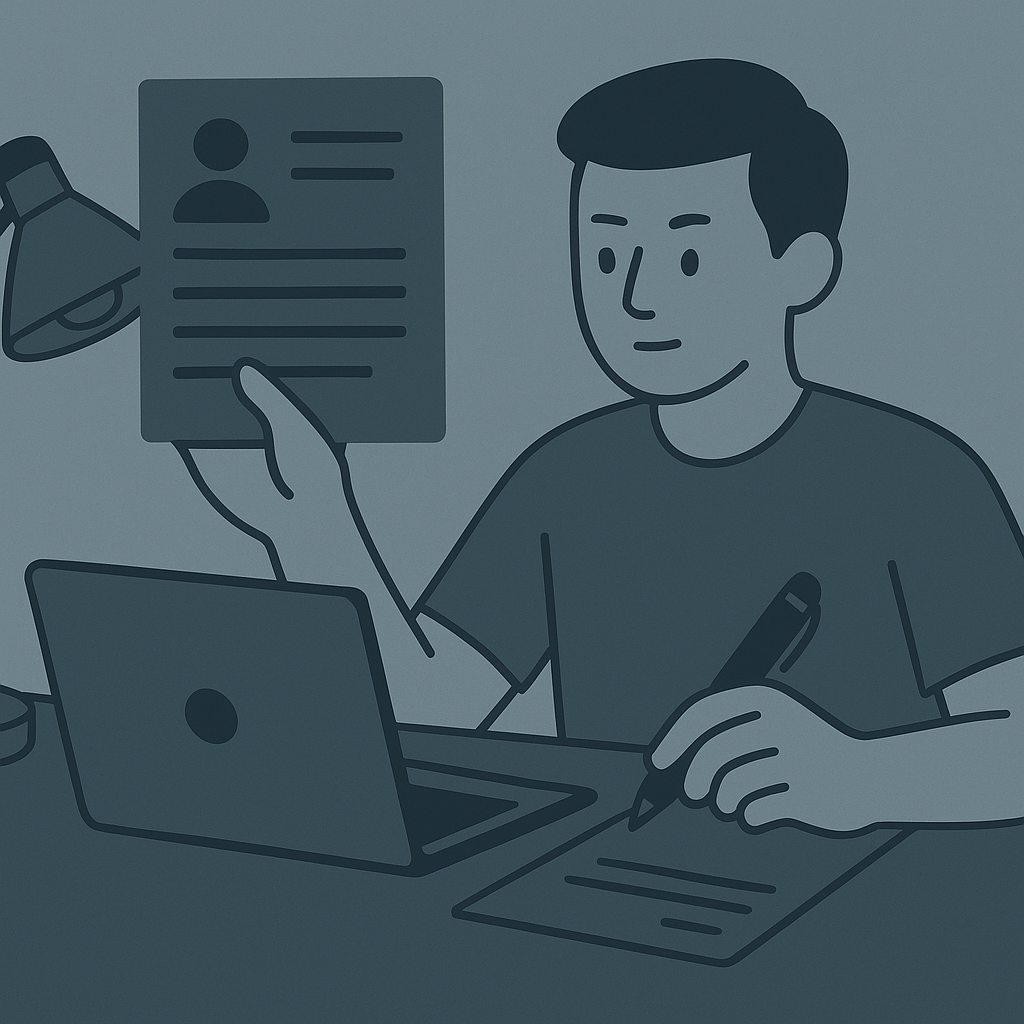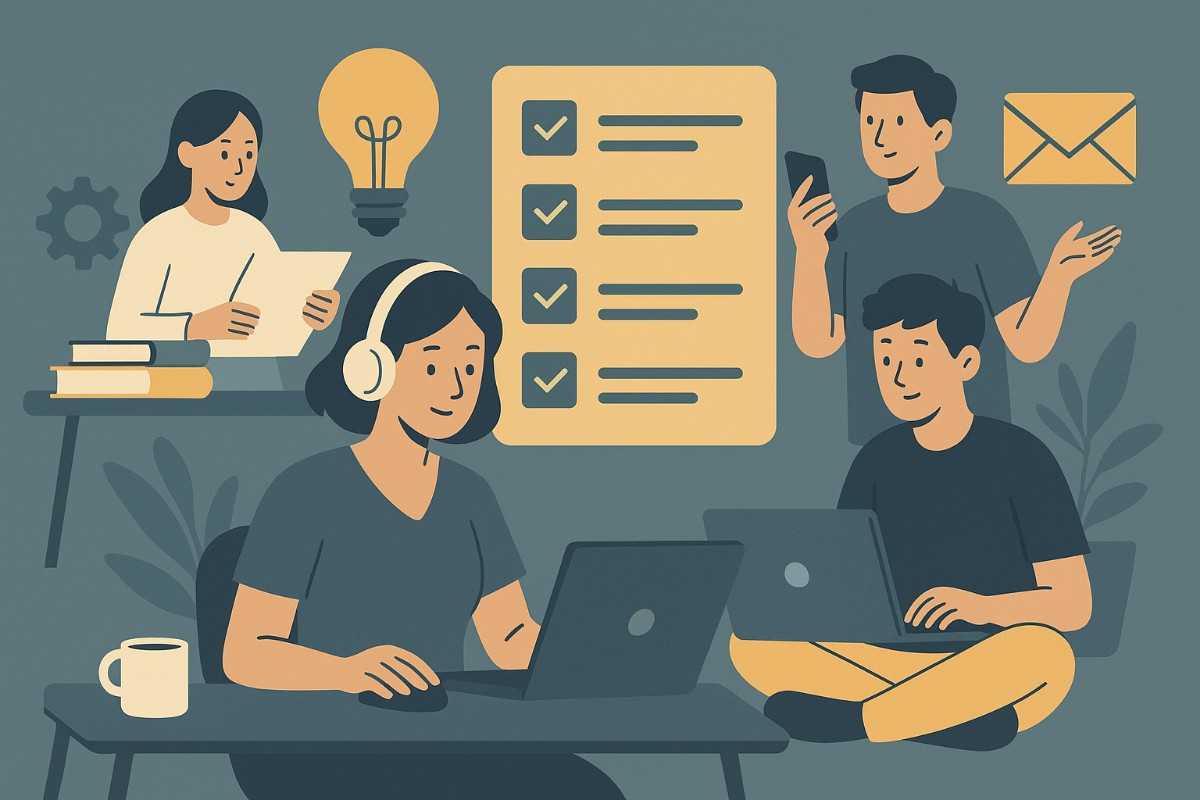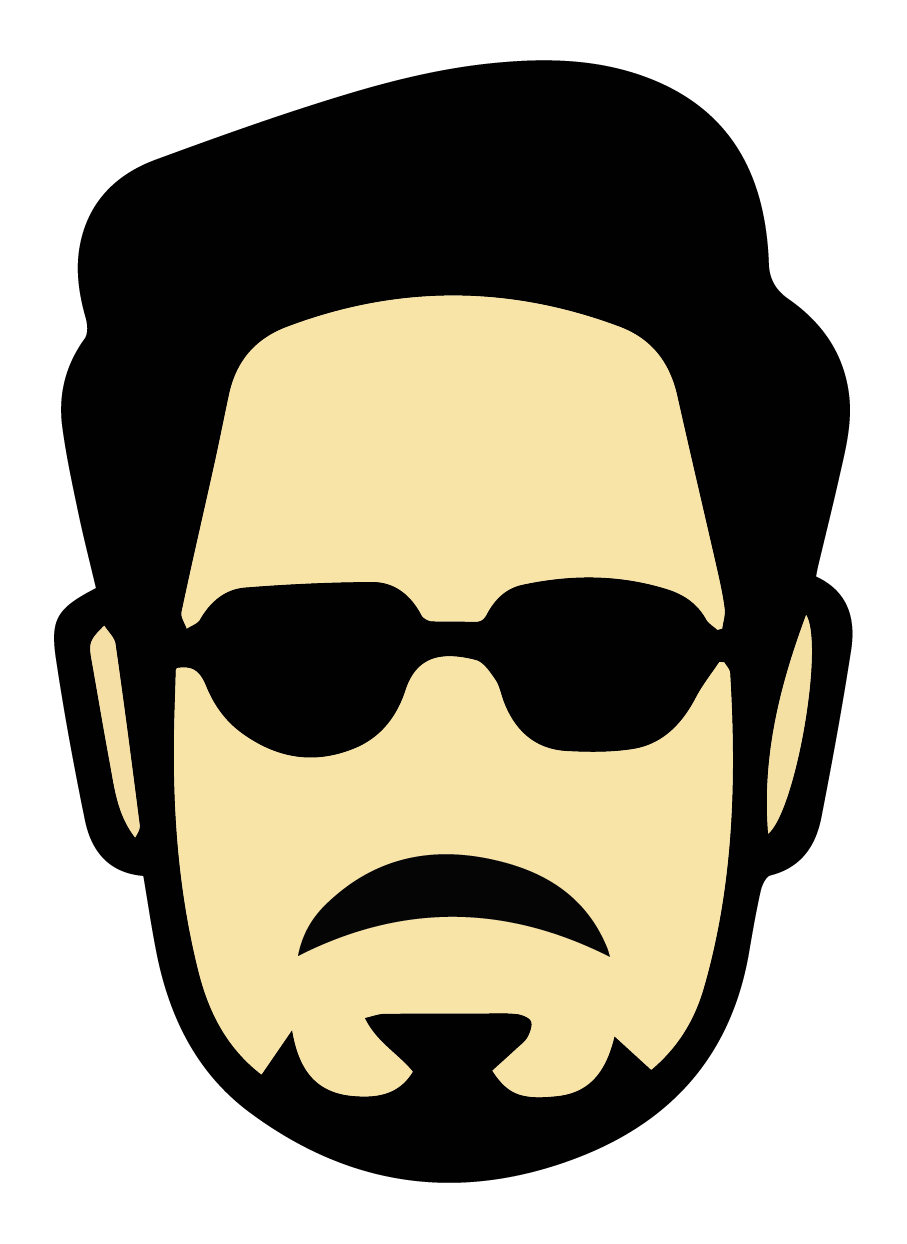Work From Home Interview Questions and How to Answer Them

Applying for remote jobs? Learn how to craft a work-from-home resume that grabs attention, highlights remote skills,...
.jpeg](https://jobpe-assets.s3.us-east-1.amazonaws.com/blogs/ChatGPTImageJul3202504_01_10A%20%281%29.jpeg)
Don't have a degree? Discover in-demand work-from-home jobs that value skills over qualifications. Learn how to...

Discover easy, flexible part-time remote jobs ideal for students, freshers, and job seekers looking to earn from...

Learn actionable tips to maintain motivation and prevent burnout while working remotely. Build habits that support...

Confused between freelancing and remote work? Learn the key differences, pros, cons, and how to choose what suits your goals.

Build a focused and ergonomic work-from-home setup with practical tips on space, tools, and distraction-free...

Prepare for your remote job interview with common work-from-home questions and clear example answers to stand out...

Discover beginner-friendly remote jobs ideal for students and freshers, including customer support, content writing,...

Learn the essential skills to succeed in remote jobs—from time management to communication and digital collaboration tools.

Avoid remote job scams with this guide to spotting fake listings and finding safe, legitimate work-from-home jobs...
Resources
-

Set up personalized job alerts to receive notifications about new job openings that match your...
-

Find part-time job opportunities perfect for students, parents, and professionals seeking...
-

Work from home jobs across industries with flexible hours, competitive pay, and real career...
-

Create professional resumes with easy-to-use resume builders. Choose from templates, get...
-

Kickstart your career with internships tailored for students and graduates — explore paid,...
-

Remote jobs have revolutionized how we work, giving professionals the freedom to contribute from...
-

Find the best fresher jobs and entry-level opportunities across IT, Finance, Marketing, and...

Remote jobs are more common than ever. Startups, agencies, and large companies now regularly hire people to work from home. But remote interviews often go beyond checking your skills. Employers want to know if you can handle the unique challenges of working outside a traditional office.
They may ask if you’re comfortable using tools like Zoom or Slack. They might want to know how you manage your time or whether you can stay focused without direct supervision. These questions can catch many candidates off guard, even if they’ve prepared for standard interviews.
If you’ve ever struggled to answer something like “How do you stay productive at home?” or “How do you communicate in a remote team?”, this guide is for you.
We’ll walk through the most common questions asked in remote interviews and give you clear, practical ways to answer them. Whether this is your first remote job or you're shifting from office to home, you’ll be ready to respond with confidence.
Why Remote Interviews Are Different
Remote hiring isn’t just a video call version of regular hiring. It comes with its own expectations:
- Your home setup matters more than what you wear
- Your tone and communication style become extra visible
- Interviewers assume they won’t see you again in person, so first impressions are everything
- They want people who can work independently and communicate clearly
If you treat it like a regular in-office interview, you might miss out on subtle but important signals they’re watching for.
How to Prepare for a Remote Interview
Before we get into the questions, let’s cover the basics.
1. Test Your Tech
- Check internet stability
- Use headphones with a mic
- Keep a backup device ready (phone with Zoom app or hotspot)
2. Pick a Clean, Quiet Background
- Choose a space with good lighting and minimal distractions
- Avoid sitting against a window
- Warn family or roommates about interview timing
3. Practice on Camera
Even if you're confident in-person, video feels different.
Record yourself answering questions to review how you sound and look.
Common Work From Home Interview Questions (and How to Answer Them)
Below are categories of common questions, examples, and sample answers you can adapt.
1. General Questions About Remote Work
These test your understanding of remote work and your motivation.
Why do you want to work remotely?
Avoid saying “I don’t like commuting” or “I prefer staying home.” Focus on productivity, flexibility, and independence.
Sample Answer:
I work best when I can control my environment. Remote work lets me focus without distractions, and I’ve learned how to stay accountable using tools like Trello and Slack. I also enjoy the flexibility, it helps me structure my day based on peak focus hours.
Have you worked remotely before?
If not, don’t panic. Talk about similar experiences.
Sample Answer:
While I haven’t had a full-time remote job yet, I’ve worked on remote college projects, freelanced as a writer, and volunteered for a virtual event team. These helped me get comfortable using Zoom, Google Drive, and messaging apps to collaborate.
2. Productivity and Time Management Questions
Employers want to know if you can stay on track without a manager sitting next to you.
How do you manage your time working from home?
Sample Answer:
I plan my tasks the night before, using a mix of Google Calendar and Notion. I usually start the day with 2–3 high-priority tasks and block out time for breaks. I also do a short review at the end of the day to prep for the next one.
What would you do if you were stuck on a task?
Sample Answer:
First, I’d double-check documentation or past chat history. If that doesn’t help, I’d write a clear message explaining what I’ve tried so far and where I’m blocked. That way, I don’t waste my manager’s time and get help faster.
3. Communication and Collaboration
Remote teams run on clear, asynchronous communication. This section tests how well you collaborate without physical presence.
How do you keep your team updated when working remotely?
Sample Answer:
I send short daily updates in the team channel, like what I worked on, what's next, and any blockers. I also use tools like Slack, Loom, and ClickUp for updates, depending on what’s used by the team.
How would you handle a disagreement in a remote setting?
Sample Answer:
I'd start by writing down what the issue is and checking if I misunderstood anything. If needed, I’d ask for a quick call to clarify instead of long threads. It helps avoid tone confusion. I’ve found that a 10-minute chat can solve more than 50 messages.
4. Self-Motivation and Accountability
Remote work requires initiative. These questions reveal if you're self-driven.
How do you stay motivated while working alone?
Sample Answer:
I break big goals into weekly wins and track my progress. I also stay connected through virtual standups or peer check-ins. It keeps me engaged and gives structure to my week. I treat remote work like a regular job—same hours, same focus.
How do you prioritize tasks when working independently?
Sample Answer:
I look at deadlines, urgency, and dependencies. I sort tasks using the Eisenhower Matrix or simple Do First / Do Later lists in Notion. I also ask for clarification if I feel priorities are unclear.
5. Tech Comfort and Setup
They need to know you won’t struggle with basic tools.
What tools have you used for remote work?
Sample Answer:
I’m familiar with Zoom, Slack, Trello, Google Drive, Notion, Loom, and basic CRM platforms. I also know how to troubleshoot video/audio issues and work with shared docs in real time.
Describe your home workspace.
Sample Answer:
I have a dedicated corner with a table, ergonomic chair, laptop stand, and strong Wi-Fi. I use headphones for calls and keep distractions low during work hours.
Even if you share space with others, show how you manage it responsibly.
6. Situational or Behavioral Questions
These help interviewers imagine how you'd perform in real scenarios.
Tell me about a time you missed a deadline. What did you do?
Sample Answer:
Once, I underestimated how long a writing task would take. Midway through, I realized I might miss the deadline. I informed the manager two days early, shared my current progress, and asked for help re-scoping it. We agreed to split it and deliver the core section first.
Have you ever worked with a difficult teammate remotely?
Sample Answer:
Yes, during a group project, one member stopped responding. Instead of blaming, I took on communication with them directly. I also divided tasks so the rest of us could move forward. Eventually, they rejoined, and we finished the project on time.
What Hiring Managers Really Look For in Remote Candidates
Even if you’re not perfect, they want to see:
- Clarity in how you work and talk
- A structured approach to tasks and time
- Comfort using tools and asking for help
- Trustworthiness: no ghosting or last-minute drops
- A willingness to learn, adapt, and communicate
You don’t have to oversell yourself. Just be real, specific, and solutions-focused.
How to Practice These Answers Without Sounding Scripted
- Record yourself answering 3–5 questions using Loom
- Simulate a real interview with a friend or mentor
- Get feedback on your tone and clarity
- Change “I would” to “I have” when possible—it adds credibility
- Avoid sounding generic or overly formal
Bonus: What to Ask the Interviewer
Always ask a question or two when they say, “Do you have any questions?”
Here are strong ones:
- What does success look like in this role after 3 months?
- How often does the remote team meet or connect?
- What tools do you use for task tracking and team communication?
- What’s your onboarding process like for new hires?
These show you’re thinking about fit, not just salary.
Tools to Prepare
Use JobPe to:
- Build your resume with remote-friendly skills
- Practice interview questions
- Simulate interviews with real-time feedback
- Browse companies that hire remote interns and freshers
The Bottom Line: Prepare with Intention, Not Perfection
Remote interviews test how well you can express yourself when no one’s in the room. Don’t worry about fancy words. Focus on being clear, prepared, and thoughtful.
You don’t need perfect answers. Only be honest to show you care and can learn quickly.
Start small. Practice three questions at a time. Use your own examples. And keep growing.
